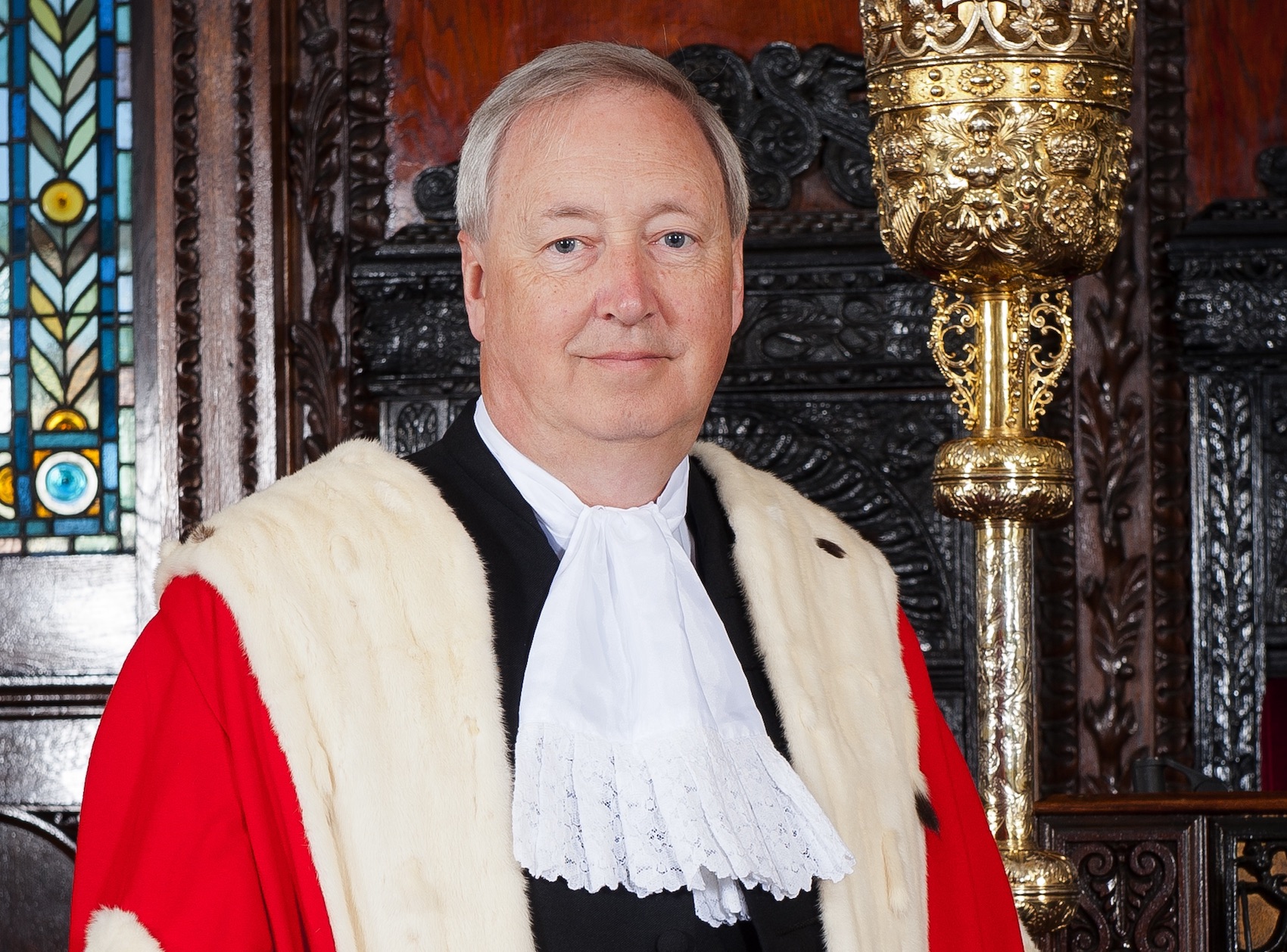

A Royal Court judge has defended the decision to keep the identities of sex offenders being removed from the register secret, arguing that the justice system could suffer reputational damage if islanders found out someone taken off the register had reoffended.
The comments came in a recently published judgment from Commissioner Sir William Bailhache, who also claimed that scrutiny from the media and “self-appointed protectors of the public interest” could scupper convicts' rehabilitation and even lead to reoffending.
They followed calls from Cheyenne O'Connor - a local mum who frequently poses as children online to catch paedophiles - and her supporters to make the names of every individual that has committed a sex crime and details of their cases public, even if their convictions are spent.
In an anonymised judgment published this week, the Commissioner explained why the court did not agree with this view, as he outlined reasons for granting an application for a man previously convicted of making indecent images of children to be removed from the Sex Offenders’ Register.
The unknown individual's application was heard in private by the Commissioner, sitting with Jurats Charles Blampied and Kim Averty.
Setting out the Court’s decision in writing following the hearing behind closed doors, the Commissioner noted that there is “every practical reason” for those who have committed sexual offences to be removed from the register, unless they are “forever a real risk to the public”.
If not, he said, the register risks becoming unmanageable, as, eventually, “there would regrettably be too many names on it to permit active review of those involved”.

Pictured: Royal Court Commissioner Sir William Bailhache heard the application with Jurats Charles Blampied and Kim Averty.
During the hearing, Crown Advocate Richard Pedley said that one of the difficulties in managing the register is that some of the people who are listed are so scared of their name being made public that they do not apply to be removed from it.
Noting this point, Sir William said it was in the public interest that offenders are not “deterred” from making such applications.
He noted that the risk of publicity might “destabilise” the offender, which could make “further offending more likely”.
The Commissioner said that sexual offences, especially those involving children, tend to attract “a good deal of media attention” - some of which, he claimed, is "not always helpful".
In what appeared to be a reference to Ms O'Connor's 'Unknown Jersey' pressure group, he went on to say that sex offenders are also now coming under more scrutiny from “self-appointed protectors of the public interest”.
He described such individuals' focus as being "more on the victims of the crimes than on the need to reduce the risk of further offending", before explaining that publishing the names of sex offenders in such judgments would not address this risk.
"Indeed, it is important that there is some attention given to the need for the community to recognise that once an offender has served his or her sentence, both the community and the offender and his family need to move forward," Sir William commented.

Pictured: The Commissioner said the community and the offender need to move forward once the latter has served their sentence.
However, he equally emphasised that keeping details of those taken off the register out of the public domain was also important from a reputational perspective, stating that public confidence in the justice system could suffer if it emerged that a sex offender that the court decided to remove from the register went on to commit another crime.
"...If there is further offending of a similar kind, there is a high chance of publicity which might, rightly or wrongly, damage public confidence in the administration of justice, with comments being made on the basis of the facts of the new offending, not recognising that the facts put before the Court on applications of the present kind were very different," he explained.
Sir William therefore concluded that the court should be more willing to sit in private for applications of this kind, adding that it would be “unsurprising” if closed sittings followed by anonymised judgments "became the norm".
Turning to the specific application before the Royal Court, Sir William said the man had kept to the terms of his notification requirements since his release from prison and “rebuilt his life” with a long-time partner and a new job involving contact with the public.
He was assessed by both Probation and Police Services, which concluded he was a “low risk” to the public and that no “concerning material” had been found during a search of his devices.
The Commissioner noted that while the man’s partner knew of his offending, her family and their friends didn’t. Likewise, his employer was aware of it but not all his colleagues. He therefore concluded that putting the man's name into the public domain would be “counterproductive”.
The Court therefore concluded it was “appropriate” for the man to be removed from the register.
Comments
Comments on this story express the views of the commentator only, not Bailiwick Publishing. We are unable to guarantee the accuracy of any of those comments.